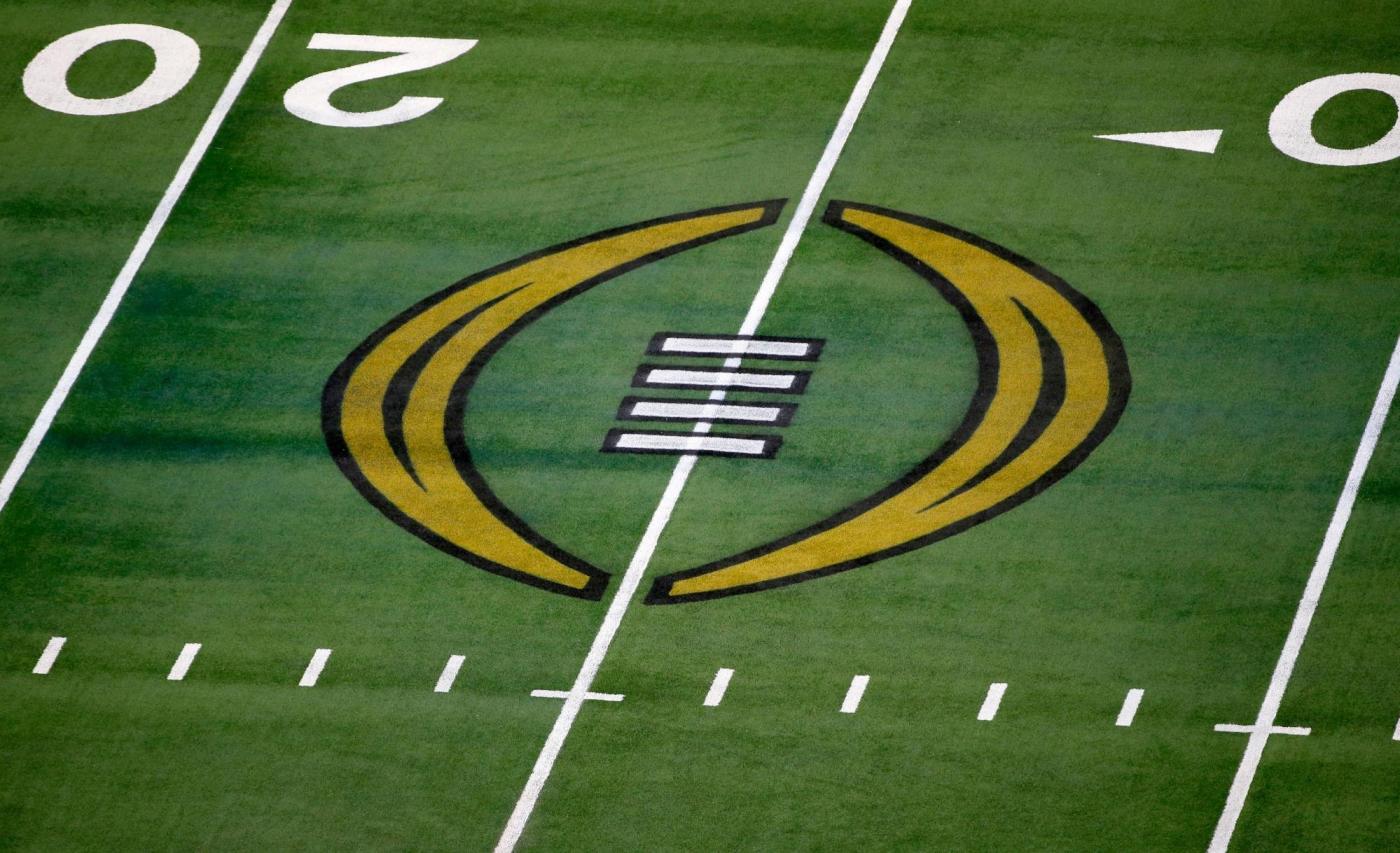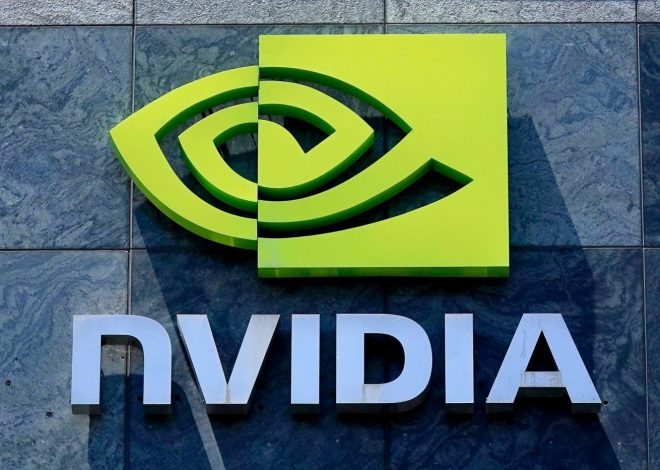
College Football Playoff projections: Five potential sources of controversy on the eve of the first CFP rankings
Expansion of the College Football Playoff is arguably the greatest competitive change in the sport’s history — more significant than the move from the Bowl Championship Series to the four-team CFP a decade ago. Each week, the Hotline will dive into the 12-team playoff race with a look at the frontrunners, bubble teams and key developments across the landscape.
The first College Football Playoff rankings of the season will be revealed Tuesday afternoon, with controversy sure to follow.
Except it will be a different type of controversy than prior years thanks to the expanded, 12-team field.
Before we examine potential sources of debate and detail our latest projections, one reminder for the Tuesday broadcast on ESPN (4 p.m. Pacific):
The order of teams in the selection committee’s weekly rankings won’t match the order of seeds when the playoff field is announced on Dec. 8.
Regardless of their position in the former, conference champions receive priority in the latter.
For example, a two-loss SEC runner-up could be ranked ahead of a three-loss ACC champion, but the ACC winner would be seeded higher than the SEC runner up.
That quirk is sure to cause confusion for fans over the next five weeks.
As for Tuesday afternoon’s big event — we are not aware of anything else on the calendar — here are five issues to watch:
— SEC and Big Ten dominance. The heavyweight leagues are expected to consume the majority of CFP bids with their automatic qualifiers and at-large teams. How many of the top-12 spots in the rankings will they receive (combined)? Our hunch: eight.
— ACC and Big 12 positioning. The goal for each conference is to place an at-large team into the field, but that won’t be easy. Far more realistic: One receives at-large bid, the other does not. We know the undefeated teams — Miami from the ACC, Brigham Young from the Big 12 — will crack the committee’s top 12. But where will the one-loss teams land?
— Notre Dame. As an Independent, the Irish are eligible for the CFP through the at-large pool, putting them in position to take bids away from the Power Four. They have a first-rate win (at Texas A&M) and a bad loss (to Northern Illinois). Will the committee slot them ahead of the No. 2 teams in the Big 12 and ACC?
— Boise State. The Broncos are guaranteed a berth if they finish as the highest-ranked Group of Five team. But they would be eligible for an opening-round bye, as well, if they are ranked ahead of either the ACC or Big 12 winner. Will the committee position them in range of the top teams in those leagues?
— The SOS factor. To what extent will the committee prioritize strength-of-schedule relative to won-loss record? This is a critical issue for the SEC and Big Ten, which believe, in essence, that their two-loss teams should have priority over one-loss teams from other conferences. How will the committee handle Texas A&M (7-2) and Alabama (6-2), for example, compared to Iowa State (7-1) and SMU (8-1)?
To the projections …
Automatic bids
The five highest-ranked conference champions will receive automatic bids to the CFP, with the top four earning opening-round byes. The best team from the Group of Five will be seeded according to its ranking.
1. Oregon (Big Ten). The undefeated Ducks get the top spot if they win out, but a one-loss SEC champion would have the advantage over a one-loss Big Ten winner.
2. Georgia (SEC). Here’s a thought on Georgia’s closer-than-expected games against Florida, Mississippi State and Kentucky: The Dawgs are bored.
3. Brigham Young (Big 12). One of the most important results of the season came on a Friday night in early September, when the Cougars held SMU without a touchdown in an 18-15 victory.
4. SMU (ACC). Once the Mustangs stopped rotating quarterbacks — after the BYU loss — their offense went to the next level. Not sure anyone in the ACC can stop them at this point, including Miami.
12. Boise State (Group of Five). The Broncos are the clear favorite for the Group of Five bid with undefeated Army in pursuit. But the Black Knights have to play Notre Dame in a few weeks.
At-large qualifiers
The seven highest-ranked non-champions will receive at-large bids. There is no limit to the number of at-large teams from a particular conference.
ACC: Miami. Only way the Hurricanes qualify for the at-large pool is with a loss in the ACC title game. If they drop one in the regular season and then another in the conference championship, they’re toast.
Big 12: none. We’re skeptical that a two-loss Big 12 team would make the at-large field and confident that the conference won’t produce a one-loss runner up.
Big Ten: Indiana, Ohio State and Penn State. The question isn’t whether the Big Ten’s two-loss teams receive at-large bids. It’s whether any of the Big Ten’s three-loss teams are included. (And the same is true for the SEC.)
SEC: Texas and Tennessee. We have only two SEC teams listed here, but don’t discount the potential for the conference to receive four at-large bids — and to then claim it should have gotten five.
Independent: Notre Dame. Good chance everything is on the line for the Irish in their regular-season finale at USC. They certainly shouldn’t lose before then.
Bubble teams
Expansion of the CFP has created room for a bubble comparable to the NCAA Tournament. The size of the bubble will ebb and flow throughout the season based on the latest results.
ACC: Pittsburgh. If the Panthers (7-1) win out but don’t qualify for the ACC title game, they will be in the conversation for the final at-large berth.
Big 12: Iowa State. We can’t state it more simply than this: The Big 12 and ACC need Notre Dame to lose.
Big Ten: none. The conference’s current three-loss teams (Illinois, Iowa and Minnesota) have no chance.
SEC: Alabama, LSU, Mississippi and Texas A&M. We removed the Aggies from the at-large field following their lopsided loss at South Carolina. They are rapidly approaching an all-or-nothing existence, with the SEC title providing their only path into the CFP.
Projected matchups
The No. 5 through 12 seeds will play opening-round games on the campus of the higher seed, with the winners advancing to the quarterfinals on New Year’s Eve and New Year’s Day. (The semifinals are Jan. 9 and 10, followed by the championship game 10 days later.)
No. 8 Tennessee vs. No. 9 Indiana. The difference between the eighth and ninth seeds depends on the degree of home-field advantage for the teams involved. Neyland Stadium, with a capacity of 102,000, would qualify as a gigantic advantage for the Vols. Winner plays No. 1 Oregon
Related Articles
Best of the West power rankings: Oregon, BYU Boise State remain on top
Saturday Night Five: Big Ten powers survive while Big 12 upstarts thrive, ASU rolls and Arizona craters
Mailbag special edition: All about Oregon as the No. 2 team (behind Georgia) on my AP Top 25 ballot
West Coast recruiting: Colorado targets high school prospects, UCLA’s big flip, success for Arizona and Oregon State
How the Pac-12’s production unit lured BSU, SDSU and saved the conference
No. 7 Penn State vs. No. 10 Notre Dame. We are not convinced the Irish have enough juice in their schedule — even if they finish 11-1 — to receive a seed in the No. 5-8 range and the accompanying home game. Winner plays No. 2 Georgia
No. 6 Texas vs. No. 11 Miami. The Longhorns would not complain about this draw, or their matchup in the quarterfinals. Winner plays No. 3 Brigham Young
No. 5 Ohio State vs. No. 12 Boise State. We haven’t dismissed the possibility of the Broncos earning a higher seed than No. 12 and, crucially, avoiding the Big Ten/SEC runner up in the No. 5 spot. Winner plays No. 4 SMU
Looking ahead: Week 11
Each week, the Hotline will examine a handful of games that could impact the CFP race for automatic and at-large bids.
(All times Pacific)
Georgia at Mississippi (12:30 p.m. on ABC). The Rebels have already lost twice (Kentucky and LSU). If they drop one more, they’re done.
Colorado at Texas Tech (1 p.m. on Fox). Both teams are alive in the Big 12 race — the Buffaloes more so than the Red Raiders — and therefore in the CFP chase.
Alabama at LSU (4:30 p.m. on ABC). This is being framed as a playoff elimination game for the loser, but we aren’t convinced the Crimson Tide would be boxed out of the CFP at 9-3 once the SEC hype machine gets revved up in the final days before the brackets are set.
BYU at Utah (7:15 p.m. on ESPN). The bitter rivals are headed in different directions — and not the directions we would have expected — but this series is filled with unexpected results.
*** Send suggestions, comments and tips (confidentiality guaranteed) to [email protected] or call 408-920-5716
*** Follow me on the social media platform X: @WilnerHotline


